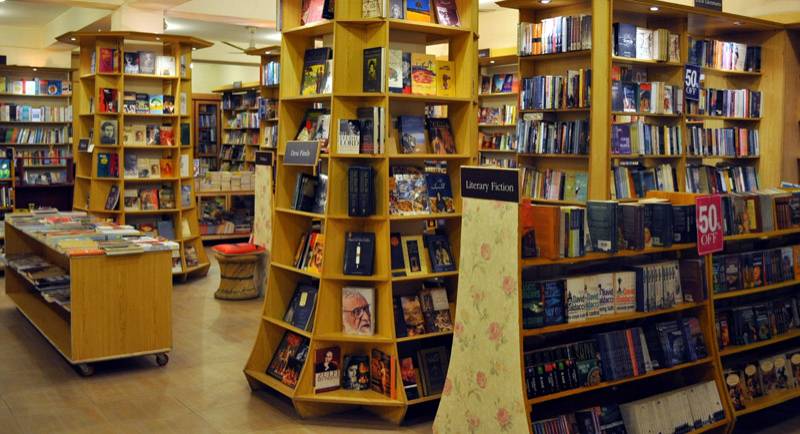
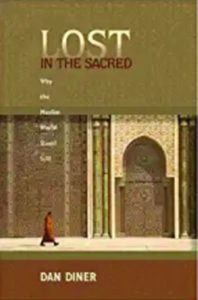
Lost in the Sacred: Why the Muslim World Stood Still
Dan Diner
Princeton University Press (2009)
Lost in the Sacred poses questions about the Muslim world that no other book by a Western writer has dared to ask. Focusing on the Arab Middle East, Dan Diner asks what caused the Muslim world to lag behind so dramatically. Is Western dominance to blame? Or is the problem even with Islam itself? These questions, however unsettling, need to be asked—and they are being posed all across the Muslim world today. This book provides cautious answers that are no less disturbing than the questions.
Diner argues that Islam’s cultural stasis is not due to the Muslim faith itself, but to the nature of the sacred it is infused with and that penetrates every aspect of life—spiritual and material. He reveals how the sacred in Islam suspends the acceleration of social time, hinders change, and circumvents secularization and modernity. Diner takes readers on an unforgettable intellectual journey, from today’s global conflicts back into the distant past. He describes the Muslim encounter with the emerging West in early modernity, the challenges Western imperial expansion posed in the nineteenth and twentieth centuries, the time-suspending impact of Arabic as a sacred language, the prevention of print, the classical age of Islam with its dazzling heights of learning and culture—and much more. Diner traces an entangled perspective, combining the spiritual with the social, and the cultural with the political. Throughout, he draws our attention to the urgent need for secularization and modernization in Islam.
The Muslim world is in crisis. Lost in the Sacred explains why.
Dan Diner is professor of modern history at the Hebrew University of Jerusalem and director of the Simon Dubnow Institute for Jewish History and Culture at the University of Leipzig. His books include Beyond the Conceivable: Studies on Germany, Nazism, and the Holocaust and Cataclysms: A History of the Twentieth Century from Europe’s Edge.
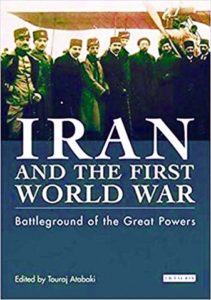
Iran and the First World War: Battleground of the Great Powers
Touraj Atabaki
I.B. Tauris (2006)
The First World War, leading to the overthrow of the Qajar regime and replacement by Reza Shah, was pivotal in the history of modern Iran. The Constitutional Revolution of 1906-09 aimed to abolish the arbitrary regime and bring in a modern constitution and parliament. But growing provincial unrest and rebellion by nomadic peoples brought chaos and instability, heightened by the strains of war and intervention by foreign powers. Iran was on the brink of disintegration, modernisation had failed, and growing frustration and pressure from the disillusioned middle classes, intelligentsia and urban population, set the stage for centralisation of power under the `Man of Order’ - Reza Shah.
Touraj Atabaki is the Senior Research Fellow at the International Institute of Social History in Amsterdam.
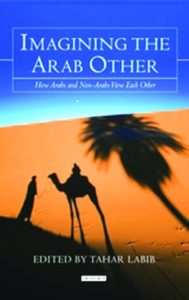
Imagining the Arab Other: How Arabs and Non-Arabs Represent Each Other
Tahar Labib
I.B.Tauris (2007)
In this innovative study, Professor Tahar Labibseeks to understand how the ‘Other’ is viewed in Arab culture, and vice versa. Imagining the Arab Other examines how Turks, Europeans, Christians and Iranians have been represented in the arts, opinions and cultures of the Arab world. Conversely, it also explores the intellectual representation of ‘The Arab’ in other cultures. It demonstrates the central role of the Catholic Church in ascribing to the Arab peoples a set of characteristics associated with the ‘Other’. Labib places this survey in the context of theoretical debates, started by Edward Said’s ‘Orientalism’, on the construction of ‘Other’. With its diversity of perspectives, Imagining the Arab Other offers a new way of understanding identity and cultural difference in the Middle East, one which goes beyond the Orientalist/Occidentalist paradigm.
Tahar Labib is President of the Association Arabe de Sociologie. Previously he was Professor of Sociology at the University of Tunis.
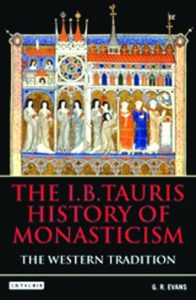
The I.B.Tauris History of Monasticism: The Western Tradition
Book by Gillian Evans
I.B.Tauris (2015)
From the earliest centuries of the church, asceticism and the contemplative life have been profoundly important aspects not just of western Christianity but of western civilization as a whole. For even as monasteries withdrew from the main currents of their societies they provided fertile soil and sanctuary to the liberal arts and sciences as well as those who wanted to spend their lives focused upon God. They became the driving cultural forces of Europe, nurturing education, music, manuscript illumination, art and history, agriculture and animal husbandry – all in addition to spiritual guidance. In this first general history of monasticism in the West since 1900, G R Evans explores the cloistered communities and individuals that have aspired to the ascetic ideal, assessing the huge impact they have made on the wider church and its practices. Including many of the best known names in Christian history – such as Cuthbert, Columba, Hilda of Whitby, Peter Abelard and Thomas Merton – this authoritative survey traces the monastic impulse, in all its rich complexity, from its beginnings in the Egyptian desert up to the present-day ecumenical Taizé community.
G.R. Evans is Professor Emeritus of Medieval Theology and Intellectual History at the University of Cambridge, UK.
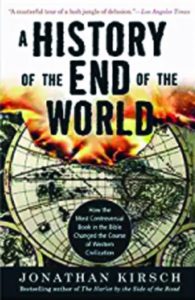
A History of the End of the World: How the Most Controversial Book in the Bible Changed the Course of Western Civilization
Jonathan Kirsch
HarperCollins (2007)
“[The Book of] Revelation has served as a “language arsenal” in a great many of the social, cultural, and political conflicts in Western history. Again and again, Revelation has stirred some dangerous men and women to act out their own private apocalypses. Above all, the moral calculus of Revelation—the demonization of one’s enemies, the sanctification of revenge taking, and the notion that history must end in catastrophe—can be detected in some of the worst atrocities and excesses of every age, including our own. For all of these reasons, the rest of us ignore the book of Revelation only at our impoverishment and, more to the point, at our own peril.”
The mysterious author of the Book of Revelation (or the Apocalypse, as the last book of the New Testament is also known) never considered that his sermon on the impending end times would last beyond his own life. In fact, he predicted that the destruction of the earth would be witnessed by his contemporaries. Yet Revelation not only outlived its creator; this vivid and violent revenge fantasy has played a significant role in the march of Western civilization.
Ever since Revelation was first preached as the revealed word of Jesus Christ, it has haunted and inspired hearers and readers alike. The mark of the beast, the Antichrist, 666, the Whore of Babylon, Armageddon, and the Four Horsemen of the Apocalypse are just a few of the images, phrases, and codes that have burned their way into the fabric of our culture. The questions raised go straight to the heart of the human fear of death and obsession with the afterlife. Will we, individually or collectively, ride off to glory, or will we drown in hellfire for all eternity? As those who best manipulate this dark vision learned, which side we fall on is often a matter of life or death. Honed into a weapon in the ongoing culture wars between states, religions, and citizenry, Revelation has significantly altered the course of history.
Kirsch, whom the Washington Post calls “a fine storyteller with a flair for rendering ancient tales relevant and appealing to modern audiences,” delivers a far-ranging, entertaining, and shocking history of this scandalous book, which was nearly cut from the New Testament. From the fall of the Roman Empire to the Black Death, the Inquisition to the Protestant Reformation, the New World to the rise of the Religious Right, this chronicle of the use and abuse of the Book of Revelation tells the tale of the unfolding of history and the hopes, fears, dreams, and nightmares of all humanity.
Jonathan Kirsch is the author of 10 books, including the national bestseller The Harlot by the Side of the Road and his most recent work, the Los Angeles Times bestseller A History of the End of the World. Kirsch is also a book columnist for the Los Angeles Times, a broadcaster for NPR affiliates in Southern California, and an adjunct professor at New York University.

